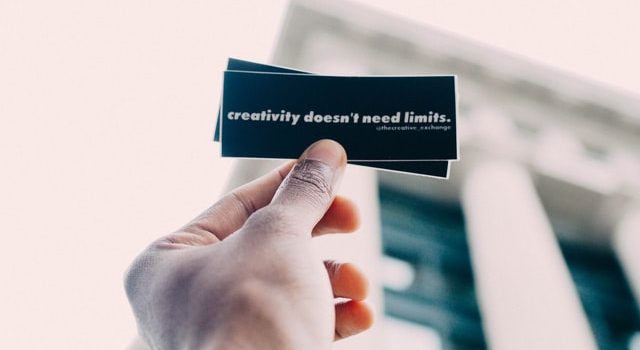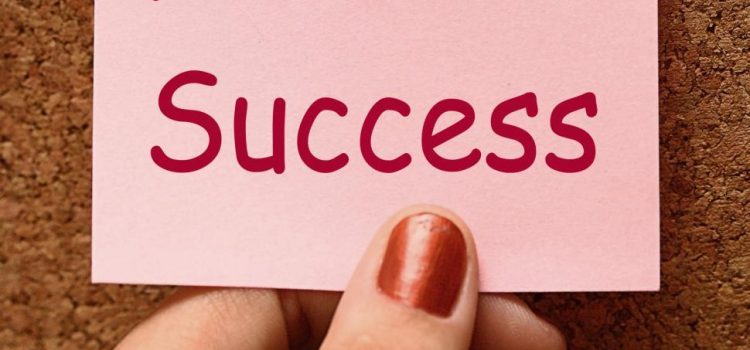How broad is your knowledge? Do you deliberately repurpose works that you’ve already created? In Someday Is Today: 22 Simple Actionable Ways to Propel Your Creative Life, Matthew Dicks discusses ways to free up time to maximize your creative potential. He specifically recommends boosting your creativity by consuming varied content and reusing your old work. Continue reading to learn how to become more creative in these two ways.
How to Become More Creative: Practical Steps You Can Take Today










